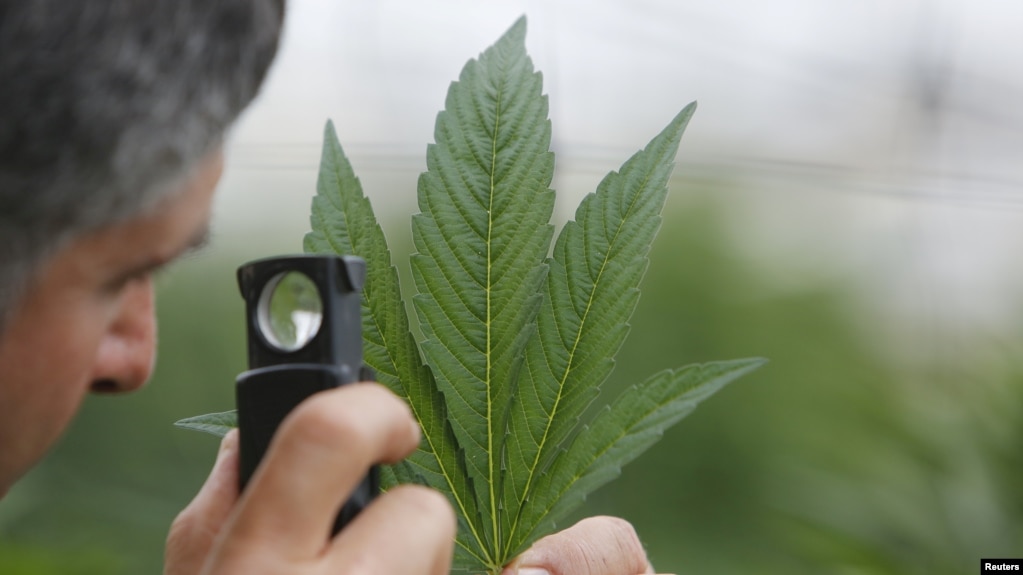Disir
Platinum Member
- Sep 30, 2011
- 28,003
- 9,607
- 910
The study followed 200 individuals at high-risk of psychosis over a period of two years. Twelve (6%) of them reported acts of violent behavior in the six months before joining the study, fifty-six (28%) reported violent ideation at the time of entry into the study, and eight (4%) committed acts of violence during the two-year follow-up period. As a result of the study evaluation, the study staff provided treatment and took preemptive action for ten additional individuals whose thoughts had developed into plans for violent acts.
The results of the study showed that both thoughts of violence and recent violent behavior were associated with future incidents of violence, which occurred within an average of seven days of when the person developed psychotic symptoms.
Only information contained in the description of the person's symptoms predicted the violent behavior, and not direct questions of "whether you want to hurt anyone." The authors suggest that this is likely why prior studies of violence in mental illness did not predict violent behavior. The direct question "have you had thoughts of harming anyone else?," elicited zero responses of violent ideation from any of the 200 participants. However, the indirect question "have you felt that you are not in control of your own ideas or thoughts?" elicited reports of violent ideation from 56 individuals.
Also, the targets of the violent thoughts at the beginning of the study were not those that the person subsequently. This suggests that the attacks may have been impulsive and opportunistic rather than planned, and the result of the person's psychotic symptoms.
"These individuals feel that they themselves are not having violent fantasies, "said Dr. Gary Brucato, clinical psychologist and researcher in the department of psychiatry and first author on the paper. "They feel that the thoughts they are having are intrusive and not their own. Since they are not convinced that these thoughts are real, they tend not to report them or consider them meaningful."
Screening those at risk of psychosis may help prevent violence, reduce stigma: Study shows that violent ideation before first psychotic episode highly correlates with violent acts
In this earth shattering two year study, researchers learn how to REPHRASE a question. Hold the damn phone........
The results of the study showed that both thoughts of violence and recent violent behavior were associated with future incidents of violence, which occurred within an average of seven days of when the person developed psychotic symptoms.
Only information contained in the description of the person's symptoms predicted the violent behavior, and not direct questions of "whether you want to hurt anyone." The authors suggest that this is likely why prior studies of violence in mental illness did not predict violent behavior. The direct question "have you had thoughts of harming anyone else?," elicited zero responses of violent ideation from any of the 200 participants. However, the indirect question "have you felt that you are not in control of your own ideas or thoughts?" elicited reports of violent ideation from 56 individuals.
Also, the targets of the violent thoughts at the beginning of the study were not those that the person subsequently. This suggests that the attacks may have been impulsive and opportunistic rather than planned, and the result of the person's psychotic symptoms.
"These individuals feel that they themselves are not having violent fantasies, "said Dr. Gary Brucato, clinical psychologist and researcher in the department of psychiatry and first author on the paper. "They feel that the thoughts they are having are intrusive and not their own. Since they are not convinced that these thoughts are real, they tend not to report them or consider them meaningful."
Screening those at risk of psychosis may help prevent violence, reduce stigma: Study shows that violent ideation before first psychotic episode highly correlates with violent acts
In this earth shattering two year study, researchers learn how to REPHRASE a question. Hold the damn phone........



